“Georgia invasion soured Russo-Serbian relations”
A former senior White House official says events in Georgia have soured relations between Belgrade and Moscow.
Wednesday, 17.09.2008.
12:39

A former senior White House official says events in Georgia have soured relations between Belgrade and Moscow. Paul Goble, a former U.S. under secretary of state for European affairs in President George Bush’s administration, said relations between Moscow and Belgrade had been compromised because “Russia, while adopting the UN resolution for ending the conflict in Kosovo, insisted on the principle of territorial integrity, stating that dividing Serbia would be a violation of international law.” “Georgia invasion soured Russo-Serbian relations” Goble told Voice of America that in the case of Georgia, “the Russian government abandoned that principle, because it unilaterally recognized the independence of South Ossetia and Abkhazia, which no other countries have done, not even its friends—Cuba, Venezuela and Belarus.” “Russia’s move in Georgia upset Serbia because Moscow, stressing territorial integrity, stood on the side of Belgrade in fighting the policies of the West towards Kosovo,” he said. The former under-secretary of state said that by intervening in Georgia, Moscow “gave up on the principle that it had adhered to for decades—that borders cannot be changed through force, but only through negotiations.” “Moscow opposed Kosovo independence in the context of East-West relations, not as an honest friend of Serbia,” Goble said, adding that he believed that Serbia would “increase its efforts to reintegrate into Europe following the Georgia situation.” He said that the “reason Serbia has been very restrained regarding Georgia is a sign that Belgrade is closer in that regard to Brussels than Moscow.” Goble said that this meant that “Serbia is not only turning more towards the EU, but that the European bloc should be expected to welcome it into its family even faster than anticipated.” He said that President Boris Tadic’s government had decided that Serbia’s future lay within the EU. Goble said that if you bear in mind that “Serbia is not bordered by Russia, that trade between the two is relatively small and mostly limited to energy—which Serbia does not have much use for—the conclusion speaks for itself: Serbia would be a lot better off joining the European bloc.” “Integrating Serbia into the EU would mark the end of conflicts on the territory of the former Yugoslavia, and would ensure that the region becomes a lasting part of the West,” said the former White House official. He said that he personally predicted that “not only will Serbia choose the West in deciding between the EU and Russia, but that it will also look to join the NATO alliance as soon as possible.” “I think that the order will be just like that, first the Union, then NATO,” Goble ventured. “Russia made a big mistake by entering Georgia, because it also endangered its friendship with Serbia, one of its closest allies,” he stressed.
“Georgia invasion soured Russo-Serbian relations”
Goble told Voice of America that in the case of Georgia, “the Russian government abandoned that principle, because it unilaterally recognized the independence of South Ossetia and Abkhazia, which no other countries have done, not even its friends—Cuba, Venezuela and Belarus.”“Russia’s move in Georgia upset Serbia because Moscow, stressing territorial integrity, stood on the side of Belgrade in fighting the policies of the West towards Kosovo,” he said.
The former under-secretary of state said that by intervening in Georgia, Moscow “gave up on the principle that it had adhered to for decades—that borders cannot be changed through force, but only through negotiations.”
“Moscow opposed Kosovo independence in the context of East-West relations, not as an honest friend of Serbia,” Goble said, adding that he believed that Serbia would “increase its efforts to reintegrate into Europe following the Georgia situation.”
He said that the “reason Serbia has been very restrained regarding Georgia is a sign that Belgrade is closer in that regard to Brussels than Moscow.”
Goble said that this meant that “Serbia is not only turning more towards the EU, but that the European bloc should be expected to welcome it into its family even faster than anticipated.”
He said that President Boris Tadić’s government had decided that Serbia’s future lay within the EU.
Goble said that if you bear in mind that “Serbia is not bordered by Russia, that trade between the two is relatively small and mostly limited to energy—which Serbia does not have much use for—the conclusion speaks for itself: Serbia would be a lot better off joining the European bloc.”
“Integrating Serbia into the EU would mark the end of conflicts on the territory of the former Yugoslavia, and would ensure that the region becomes a lasting part of the West,” said the former White House official.
He said that he personally predicted that “not only will Serbia choose the West in deciding between the EU and Russia, but that it will also look to join the NATO alliance as soon as possible.”
“I think that the order will be just like that, first the Union, then NATO,” Goble ventured.
“Russia made a big mistake by entering Georgia, because it also endangered its friendship with Serbia, one of its closest allies,” he stressed.






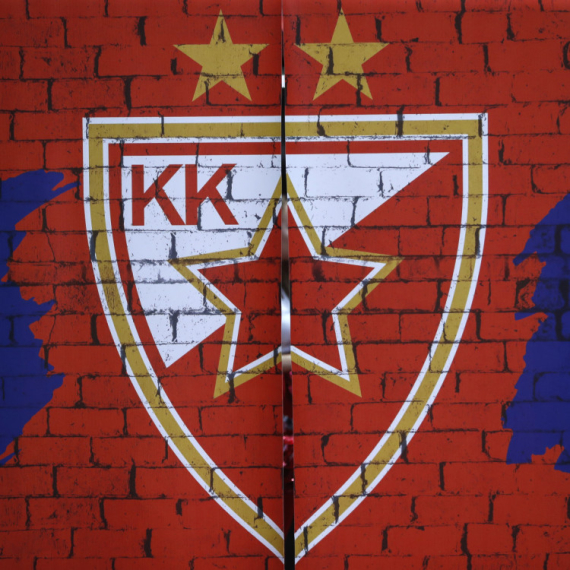




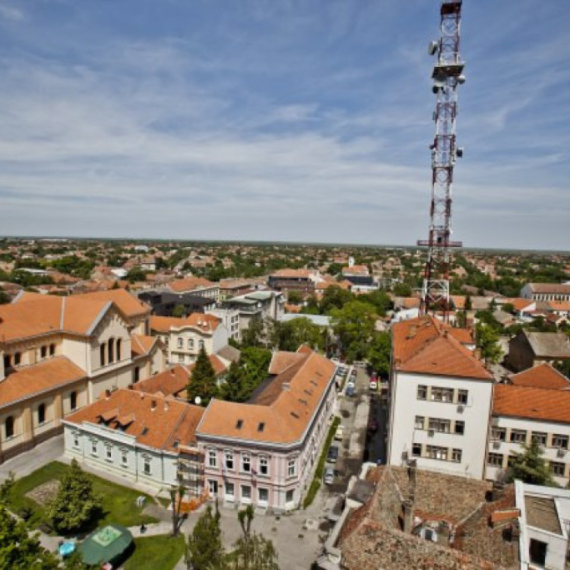




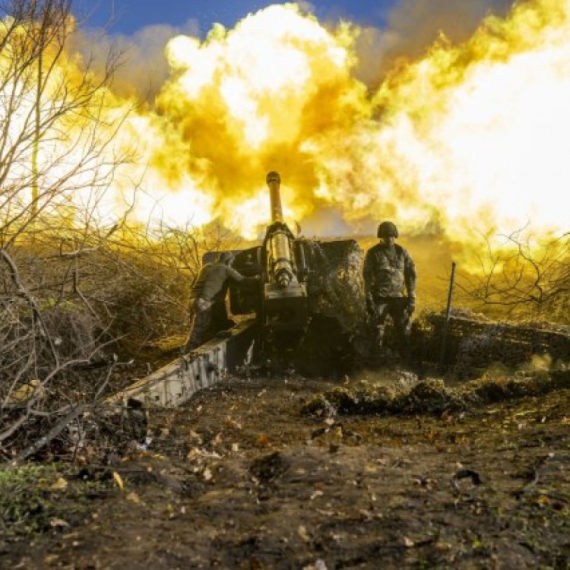

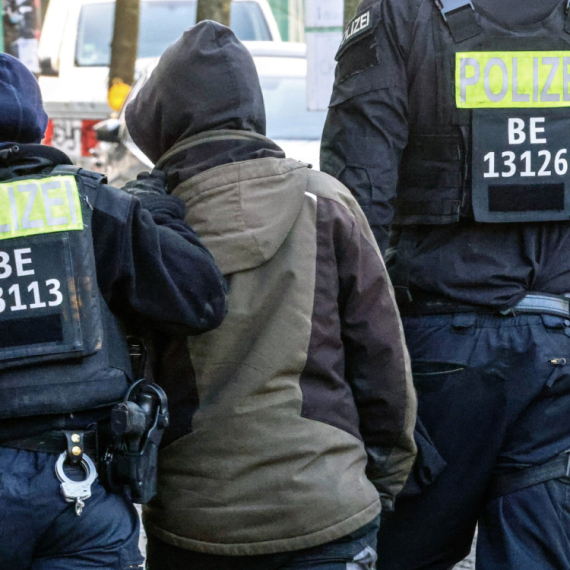

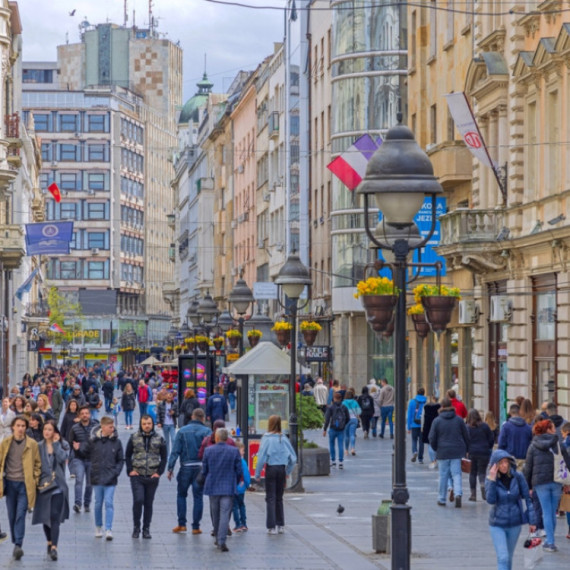

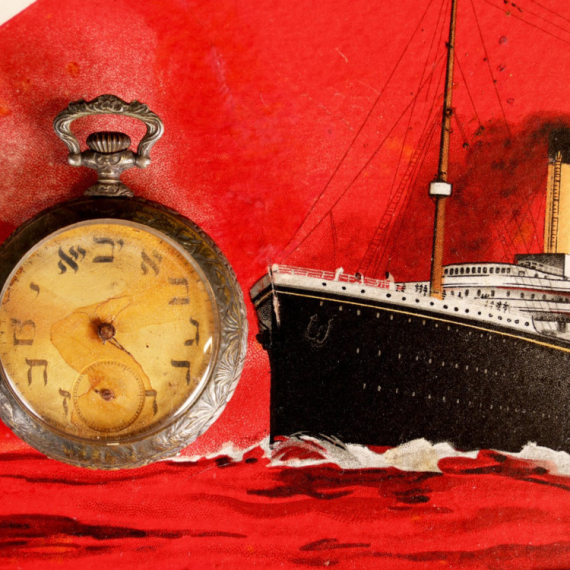



































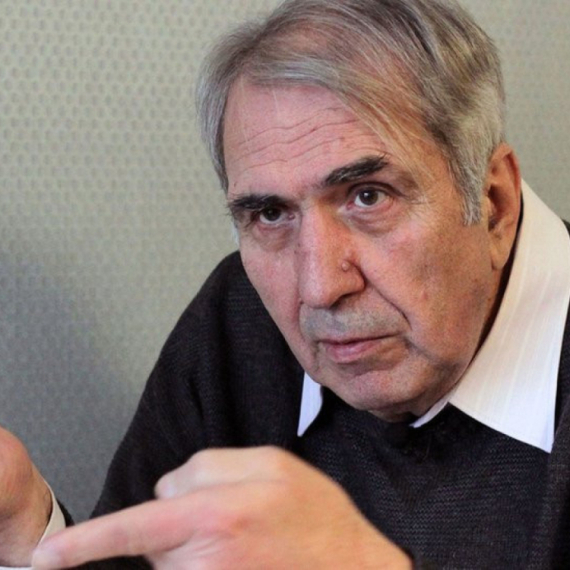

Komentari 30
Pogledaj komentare